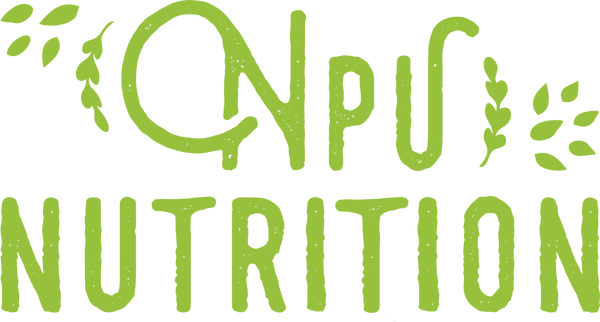Few of us spend much time considering what happens to our food after we eat it. We chew, we swallow, and our body digests it. But when you look a little closer you'll find an army of digestive enzymes working to turn food into nutrition. Here's what you need to know about your body's relationship with digestive enzymes.
What are digestive enzymes?
Take a microscope to any part of your digestive system and you'll find digestive enzymes. You'll find them in your mouth, your stomach, your pancreas, and your small intestines. These microscopic chains of proteins do the work of breaking down your food so it can be absorbed into your bloodstream.
Your body has more than one type of enzyme it relies on. In fact, you have a whole army working for you right now. And each type focuses on breaking down one kind of food. You have Amylase for converting carbohydrates and starches into energy-rich sugars. You have Lipase for converting fat and triglycerides into fatty acids. You have Lactase for digesting the sugars found in dairy products. Add in a laundry list of other less common enzymes and it's easy to see why digestion is such a complicated (and amazing) process.
Why should I think about supplementing with digestive enzymes?
When everything is working right, your body efficiently digests the food you give it and you're able to reap the benefits. Unfortunately, this system can break down. If you don't have enough digestive enzymes, you may find yourself suffering from any number of nasty symptoms. Do you experience chronic diarrhea, constant bloating and gas, abdominal pain and cramping, brain fog and memory problems, or a feeling of fullness after only eating a small amount of food? A lack of digestive enzymes may be to blame.
There are a lot of reasons why you may be lacking digestive enzymes. Three of the biggest are stress, age, and poor nutrition. While you can't do anything about your age, reducing stress and improving your nutrition can both lead to greater enzyme production. Fixing these problems can take a while, though. In the meantime, a digestive enzyme supplement can help bridge the gap.
Recent studies suggest that there is a connection between taking enzyme supplements and experiencing less bloating and gas after a high fat meal. There may also be a link between enzymes and fewer IBS symptoms. Gut health is linked to a number of other essential body functions, so don't underestimate the impact that caring for your digestive system can have on your overall health.
Thinking about trying a digestive enzyme supplement? Great! Consider choosing a greens powder that contains digestive enzymes. You'll get the nutritional benefits of raw greens alongside your enzyme supplement, all with the convenience of a simple (and tasty) powder.
However you choose to supplement, digestive enzymes are vital for a well functioning digestive system. Don't overlook them in your journey to better health.

